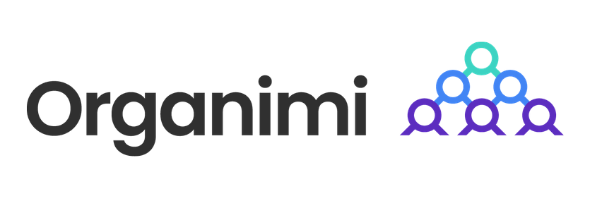Self-assessment performance review.
This template is designed to encourage employees to reflect on their performance comprehensively, facilitating a constructive and meaningful dialogue during performance reviews. Feel free to customize the template with your organization’s specific competencies and any additional sections you might find helpful.

No credit card required.
Download free template.
This self-assessment performance review covers the following topics:
- Performance goals
- Competencies
- Professional development
- Communication and collaboration
- Career development
- Additional comments
Use the self-assessment as a reference point for discussing achievements, areas for improvement, and future development opportunities.
Build better org charts with
Organimi.
A powerful, cloud-based platform that helps you create, connect, and collaborate with your colleagues wherever they work.

